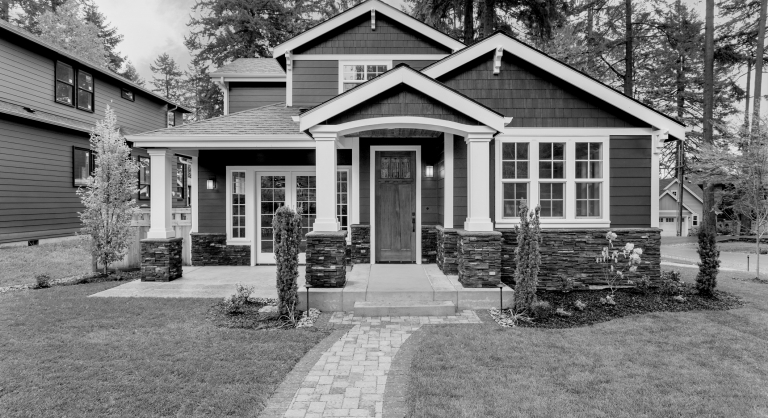Airbnb Tax Comes to Massachusetts
Big changes to the room occupancy tax took effect on July 1, 2019 that will impact property owners who rent out their homes and to those who participate in short-term rentals, such as Airbnb.
The new law requires operators of short-term rentals to register with the Massachusetts Department of Revenue and imposes a state excise and, in some cities and towns, a local options tax and other fees. The new tax is expected to raise $28 million.
The tax applies to all the rent collected on short-term rentals. A short-term rental is defined as a rental for no more than 31 days. After intense lobbying, Massachusetts Governor Charlie Baker was successful in having the law exempt those operators who rent for 14 days or less during the year, though all must register.
The state tax is 5.7%, and local communities can elect to impose various local option excise taxes, convention center fees (for example, in Boston and Worcester), water protection fund excise (Cape Cod and the Islands) and Community impact fees. In total, these taxes could amount to almost 18% per night. The new law requires the operator of a short-term rental to register through Masstaxconnect with the state and pay the occupancy tax, with a monthly tax filing due by the 20th of the following month.
The new law is not all about taxes. For example, one provision requires operators to maintain a $1 million liability policy.
The Massachusetts Department of Revenue has posted a “frequently asked questions” overview on their website, which details some of the tax issues operators may encounter.
In addition to raising revenue for the Commonwealth and local governments (and increasing costs for consumers), the new tax is designed to level the playing field between Airbnb and local hotels.
Categorized: Real Estate, Taxes
Tagged In: Airbnb, Department of Revenue in Massachusetts, room occupancy tax, short-term rentals






